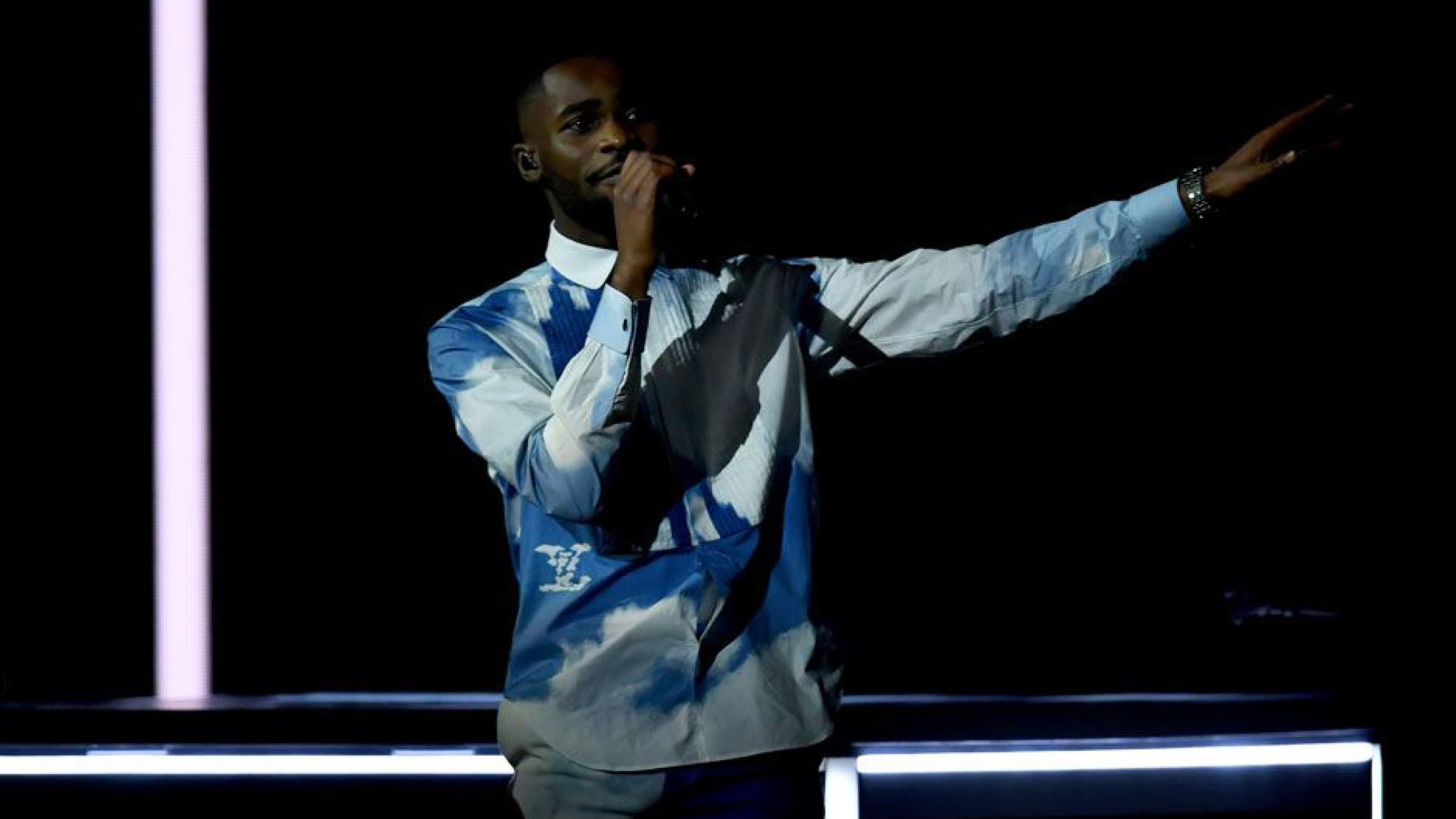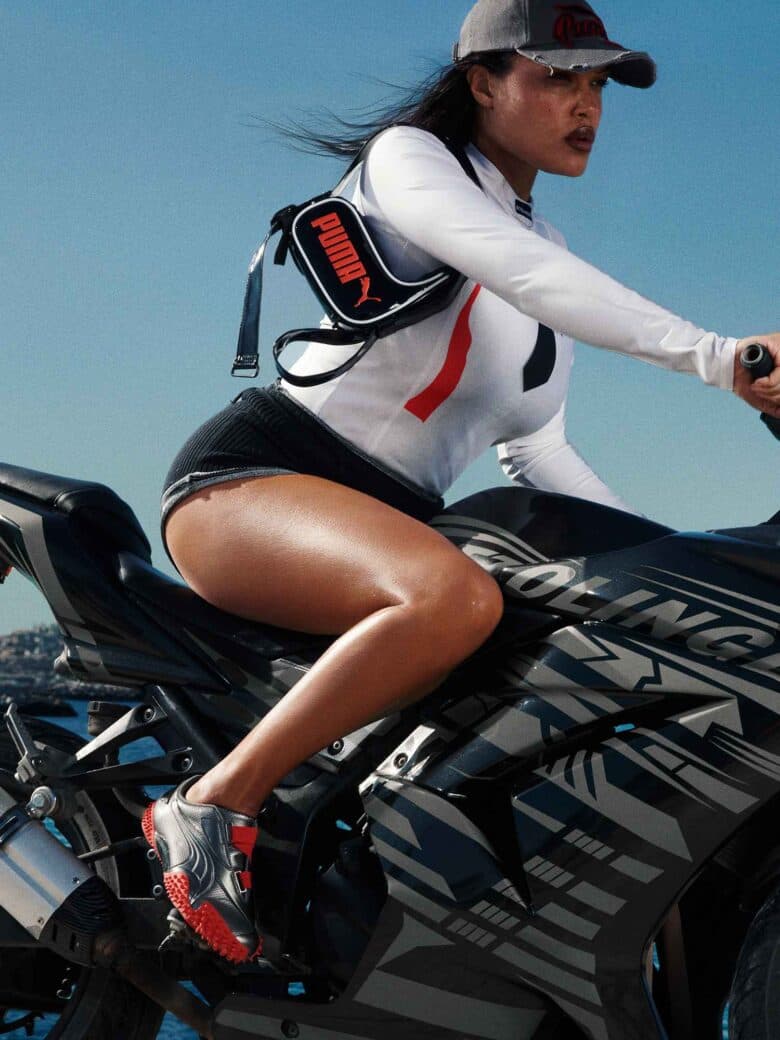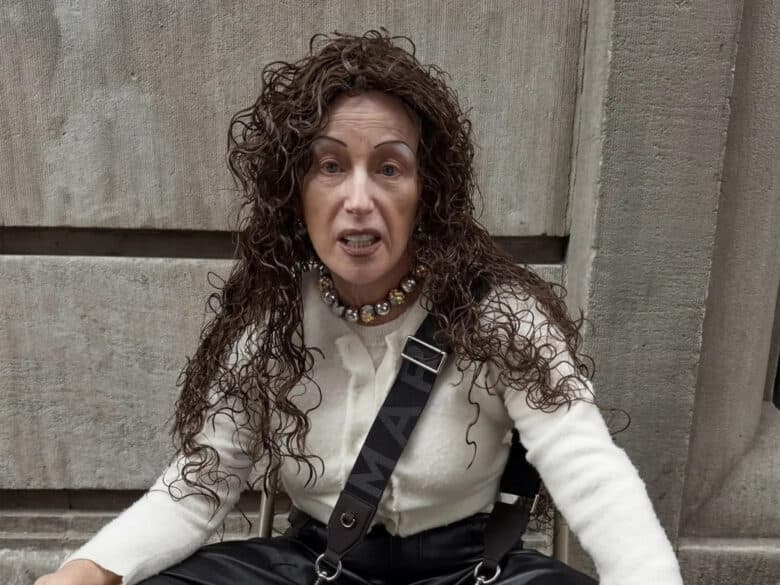When will the Brits stop ignoring rap?

When the nominations for the Brit Awards were announced just over a month ago, the news was met with a distinctly fresh sense of optimism from UK rap fans. Following the commercial and critical success of his sophomore album, Brutal and Beautiful Yard, J Hus was nominated for no less than four awards, including song and album of the year. And outside of the rap/grime/hip-hop category (which we’ll get to later), there were three nominations for Central Cee, two for Dave and Little Simz, and one for D-Block Europe, Stormzy and Headie One & K-Trap. This made for a grand total of 14 nominations for rap, double the total of the prior year. For anyone who’s grown up listening to UK rap, grime, drill, and hip-hop, this level of representation for the genres is almost unheard of. Though, somehow, this year still feels like a significant regression.
Amongst a sea of Britain’s elite artists on the O2 Arena’s sprawling floor, it was 2023’s MVP Raye who stole the spotlight, receiving six awards, which set a new record for wins in one year (previously held by Adele, Harry Styles and Blur with four apiece). It was a major success for an independent artist who had been dropped by Polydor just a few years ago, and all of Raye’s wins were objectively deserved. Still, it did raise some eyebrows that she beat out Dave and Central Cee’s megahit ‘Sprinter’ for song of the year. “It’s the age-old trope that when rap music isn’t winning at the Brits, it’s because it’s not big enough,” wrote one user on X (previously Twitter). “But when it finally does become the biggest, then it’s not ‘good enough’ to win”.
Sadly, nominations don’t count for much when those artists aren’t given the chance to perform. If we’re here to spotlight the best of British music, why not reward those dominating the nominations by putting them on a stage in front of millions (this year’s awards brought in a peak of 3.1 million viewers)? “Nominations are all good for the hype but.. not even in the performances were there any real change to what they usually do,” wrote Joseph ‘JP’ Patterson, founder of TRENCH, on X in a now-deleted tweet. “Been on the voting panel for years and I’m disappointed yo [sic].”
There has been plenty of controversy in regard to the Brit’s treatment towards Black artists, and that came to a fever pitch in 2022 when the awards lumped R&B in a category alongside pop. In the two years that the category existed, pop artists Dua Lipa and Harry Styles came out on top, and in 2023, an R&B artist didn’t receive a single nomination. It prompted R&B star Mahalia to rock a jacket emblazoned with “Long live R&B” at the 2023 awards, and following the deserved backlash, the Brits gave the genre a separate category to help boost representation and inclusion. “The Brits is committed to making the show as inclusive and representative as possible,” Dr. Jo Twist OBE, BPI chief executive, said in a statement, “The changes to this year’s categories are part of an ongoing process of evolution, and we will continue to review, listen and learn.”
Hip-hop/grime/rap was also introduced as a category in 2022. This year, it was Casisdead who took home the award, which was, admittedly, a shock, albeit a pleasant one. The musician has been a key component of UK hip-hop for over a decade and released what was undoubtedly one of 2023’s most sonically sparse records in Famous Last Words – yet he’s still relatively unknown to most. Still, it wasn’t that win that was surrounded with controversy, it was the specifics of the category itself. Hip-hop and rap aren’t really in the same field as grime – a genre that developed from a multitude of styles; primarily reggae, bashment, dancehall, garage, and drum and bass. Simply labelling it a subgenre of hip-hop disavows these vital influences and denies the unique cultural heritage that has secured its place as one of the most vibrant and idiosyncratic performance forms that exist today.
Perhaps what’s most disappointing about this whole debacle for rap fans is that back in 2020, it seemed the genre was finally receiving its long-deserved flowers. Dave won album of the year for his poignant and politically scathing Psychodrama, going on to perform the track ‘Black’, where he proclaimed “Our Prime Minister’s (Boris Johnson at the time) a real racist” on the Brits stage in front of the nation. The rapper made headlines, fans on Twitter were gushing (many calling it the best ever Brits performance), and Ofcom received over 300 complaints claiming that his performance was “racist”. Meanwhile, Stormzy also put on a show-stopping performance of his own and won best male artist in the same year. Finally, rap had staked its claim at Britain’s most prestigious, watched, and historically clean awards show.
2021 followed and saw performances from Headie One, AJ Tracey and Young T & Bugsey, again showing signs of progress, even if not as attention-grabbing as the year prior. But since then? Well, it’s been back to regular programming, and this year’s show confirmed it once more.

